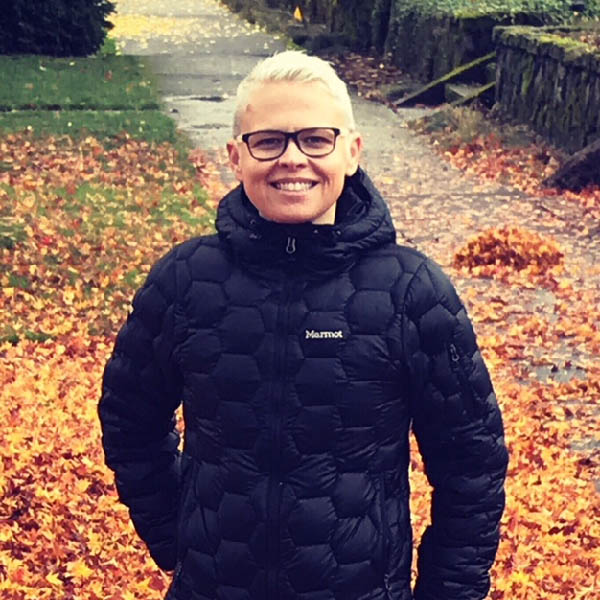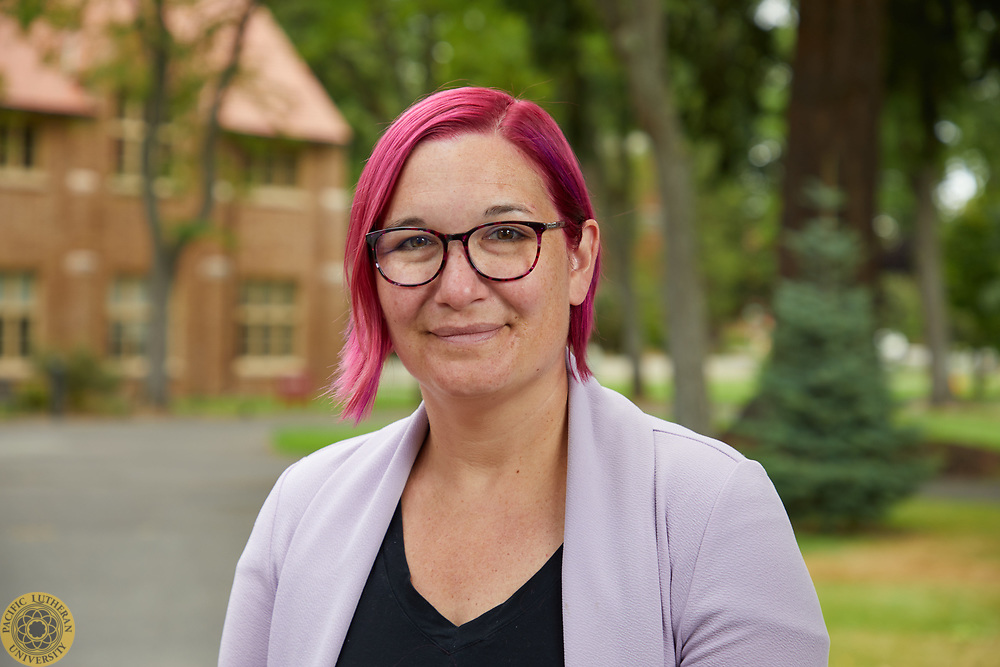Page 347 • (13,180 results in 0.056 seconds)
-

David Wolff Professor of Computer Science he/him/his Phone: 253-535-8735 Email: wolffda@plu.edu Office Location: Morken Center for Learning & Technology - 246 Professional Education Ph.D., Oregon State University, 1999 M.S., Oregon State University, 1996 B.S., University of Puget Sound, 1992 Areas of Emphasis or Expertise Computer Graphics Real Time Rendering Books OpenGL 4 Shading Language Cookbook - Third Edition (Packt Publishing 2018) : View Book OpenGL 4 Shading Language Cookbook - Second
-
) Any 300-level course with an LT designation ENGL 400: Studies in Criticism & Theory HIST 254: History of Hanford HIST 305: Slavery in the Americas HIST 346: Innovation & Technology HIST 351: History of the West and Northwest HIST 362: Christians in Nazi Germany RELI 211: Religion and Literature of the Hebrew Bible RELI 220: Early Christianity RELI 221: Medieval Christianity RELI 331: New Testament Studies Pre-Law Advising For information, see Pre-Professional Programs section of the catalog Minor
-
’ checklist on your PLU student applicant portal. Refer to this checklist to see what you’ve completed and what you still need to do. When you’re ready, you can complete the Advising Orientation on Sakai. You’ll automatically be enrolled in the Advising Orientation within one week of submitting your deposit. You’ll receive an email from Admissions with a link to the Advising Orientation, but if not, then you can access it here. If you need help navigating the site, you can get help here. At the end of the
-
’ checklist on your PLU student applicant portal. Refer to this checklist to see what you’ve completed and what you still need to do. When you’re ready, you can complete the Advising Orientation on Sakai. You’ll automatically be enrolled in the Advising Orientation within one week of submitting your deposit. You’ll receive an email from Admissions with a link to the Advising Orientation, but if not, then you can access it here. If you need help navigating the site, you can get help here. At the end of the
-

Tisha Graham ’09 Tisha Graham ’09 https://www.plu.edu/resolute/fall-2018/wp-content/uploads/sites/27/2018/09/tisha-graham.jpg 600 600 Logan Logan https://secure.gravatar.com/avatar/df88b9152697d03169d961f6b1582ddd?s=96&d=mm&r=g September 18, 2018 October 5, 2018 Tisha Graham has an instinctive ability to mentor, engage, empower and coach successful research staff and interns. Graham also is an advocate who believes in PLU students and the education the university provides. While working at Fred
-
The BBA Curriculum and ConcentrationsCompleting the Bachelor of Business Administration within four years is a high priority for students and faculty of the School of Business. Students can meet this goal through planning and regular communication with their academic adviser. The following supplemental and Business core courses are required for all Business majors, regardless of concentration, and also fulfill the designated General Education requirements.Required Supplemental Courses - 20
-

CHEM 410: Introduction to Research CHEM 420: Instrumental Analysis CHEM 487: Inorganic Synthesis CHEM 499: Capstone NSCI 350: STEM Education Partnership WRIT 101 – A writing course for students during their first semester at PLU. Dr. Munro taught WRIT 101: Writing and the Scientific Method in Fall 2017 for students in the STEM dorm and WRIT 101: Writing and the Scientific Method in Fall 2021. Selected Publications Food Chemistry: An Asynchronous Course Designed with Hands-On Experiments for
Area of Emphasis/Expertise -

: Physical Chemistry Lab CHEM 410: Introduction to Research CHEM 420: Instrumental Analysis CHEM 487: Inorganic Synthesis CHEM 499: Capstone NSCI 350: STEM Education Partnership WRIT 101 – A writing course for students during their first semester at PLU. Dr. Munro taught WRIT 101: Writing and the Scientific Method in Fall 2017 for students in the STEM dorm and WRIT 101: Writing and the Scientific Method in Fall 2021. Selected Publications Food Chemistry: An Asynchronous Course Designed with Hands-On
Area of Emphasis/Expertise -
Wang Center Research GrantsThe Wang Center Research Grant Program is designed to support students, faculty, and faculty-student teams that seek to conduct original research in an international setting. Consideration is also given to proposals seeking to conduct research within the United States on topics that underscore the connection of the local and global issues of diversity, social justice and sustainability. Proposals are reviewed by the Global Education Committee for recommendation to the
-
China. With the American students, Tsinghua University held the first “Poverty Alleviation Through Education Summer Service Learning Program” in 2006. More than 500 Chinese and American students formed more than 32 teams, traveling to remote impoverished villages in China. The American students taught English conversation and other subjects, the Chinese students trained teachers and students how to use technology to access and then disseminate knowledge to local farmers. The “left-behind children
Do you have any feedback for us? If so, feel free to use our Feedback Form.


